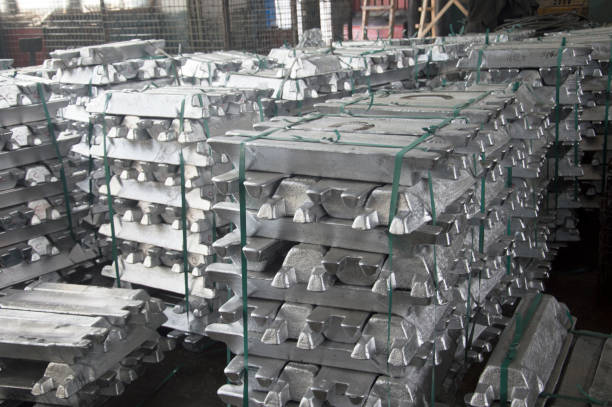Precision CNC machining is a manufacturing process that utilizes computer numerical control (CNC) machines to achieve high levels of accuracy and precision in the production of complex parts and components. This advanced technology has revolutionized the manufacturing industry, allowing for faster production times, improved quality control, and enhanced overall efficiency. In this article, we will explore the key features and benefits of precision CNC machining, as well as its applications across various industries.
What is Precision CNC Machining?
Precision CNC machining involves the use of computer-controlled machines to remove material from a workpiece to create a desired shape or design. The machines are programmed with specific instructions that dictate the movements and actions required to produce the desired product. CNC machines can perform a wide range of operations, including cutting, drilling, milling, and turning, among others. These machines can handle a variety of materials, including metals, plastics, and composites.

Key Features and Benefits
1. Accuracy and Precision: Precision CNC machining offers unparalleled levels of accuracy and precision, allowing for the creation of intricate and complex designs. The machines can perform operations with tolerances as low as a few microns, ensuring that the finished products meet the most stringent quality standards.
2. Repetitive and Consistent Results: CNC machines can reproduce the same part or component repeatedly and consistently, eliminating the variations that can occur with manual machining. This ensures that every product meets the exact specifications and requirements, resulting in a high level of consistency and uniformity.
3. Faster Production Times: CNC machining significantly reduces production times compared to traditional machining methods. The machines can work continuously, 24 hours a day, seven days a week, without the need for breaks or rest. This leads to faster turnaround times and increased production capacity.
4. Improved Quality Control: CNC machines are equipped with advanced sensors and monitoring systems that allow for real-time quality control and inspection. This ensures that any defects or errors are detected early in the process, reducing waste and rework. Additionally, the use of automated processes minimizes the risk of human error, further enhancing the overall quality of the final products.
5. Versatility and Flexibility: CNC machines can handle a wide range of materials and can perform various operations, making them highly versatile and adaptable to different manufacturing needs. The machines can be easily reprogrammed to accommodate changes in designs or product specifications, allowing for quick and efficient adjustments.
Applications
Precision CNC machining finds applications across various industries, including:
1. Aerospace: CNC machining is widely used in the aerospace industry for the production of engine components, airframe parts, and other critical components that require high precision and reliability.
2. Automotive: CNC machining is employed in the manufacturing of automotive parts such as engine blocks, transmission components, and suspension systems. The accuracy and precision offered by CNC machines ensure the optimal performance and safety of vehicles.
3. Medical: CNC machining is critical in the production of medical devices and implants, where precision and accuracy are of utmost importance. CNC machines can create intricate and complex shapes required for medical equipment, ensuring patient safety and comfort.
4. Electronics: Precision CNC machining plays a significant role in the production of electronic components, including circuit boards, connectors, and housings. The ability to produce small, precise parts with tight tolerances is essential for the electronics industry.

Conclusion
Precision CNC machining has revolutionized the manufacturing industry by offering high levels of accuracy, precision, and efficiency. The advanced technology of CNC machines allows for faster production times, improved quality control, and increased versatility. With its wide range of applications across industries such as aerospace, automotive, medical, and electronics, precision CNC machining continues to drive innovation and progress in the manufacturing sector.
-

- parts&comopnents for bicycle suspension fork for MTB
-

- میگنیشیم الائے تھیکسومولڈنگ ڈائی کاسٹنگ UAV پارٹس
-

- فیکٹری کسٹم چائنا Bmx سائیکل روڈ سپورٹ بچوں کی سائیکل 12 16 18 20 انچ سائیکل Mtb 6-10 سال کے بچوں کے لیے
-

- Custom-made metal parts macbook middle board produced
-

- موٹر سائیکل کے لیے میگنیشیم الائے ڈائی کاسٹنگ سخت فورک
-

- آکسیجن سکشن مشین ہاؤسنگ کے لیے میگنیشیم کھوٹ Thixomolding حصے

 0086-750-5616188
0086-750-5616188 +86 13392089688
+86 13392089688 sales@zhongmei-tech.com
sales@zhongmei-tech.com







